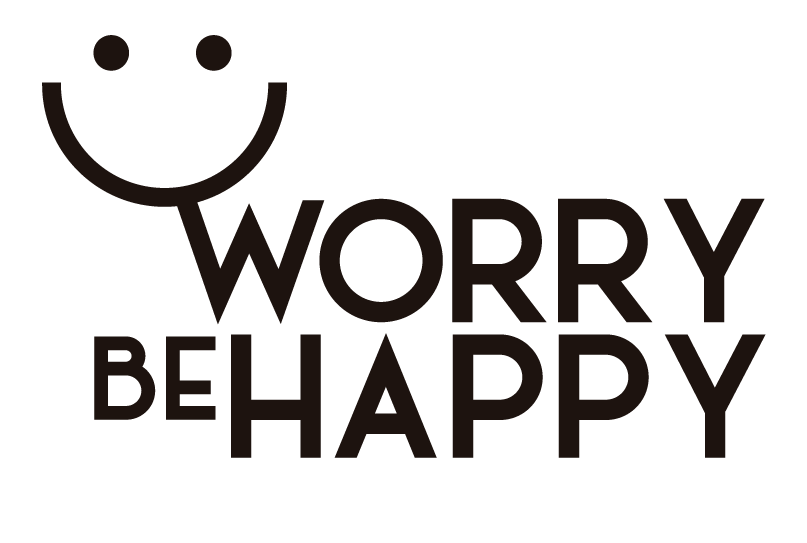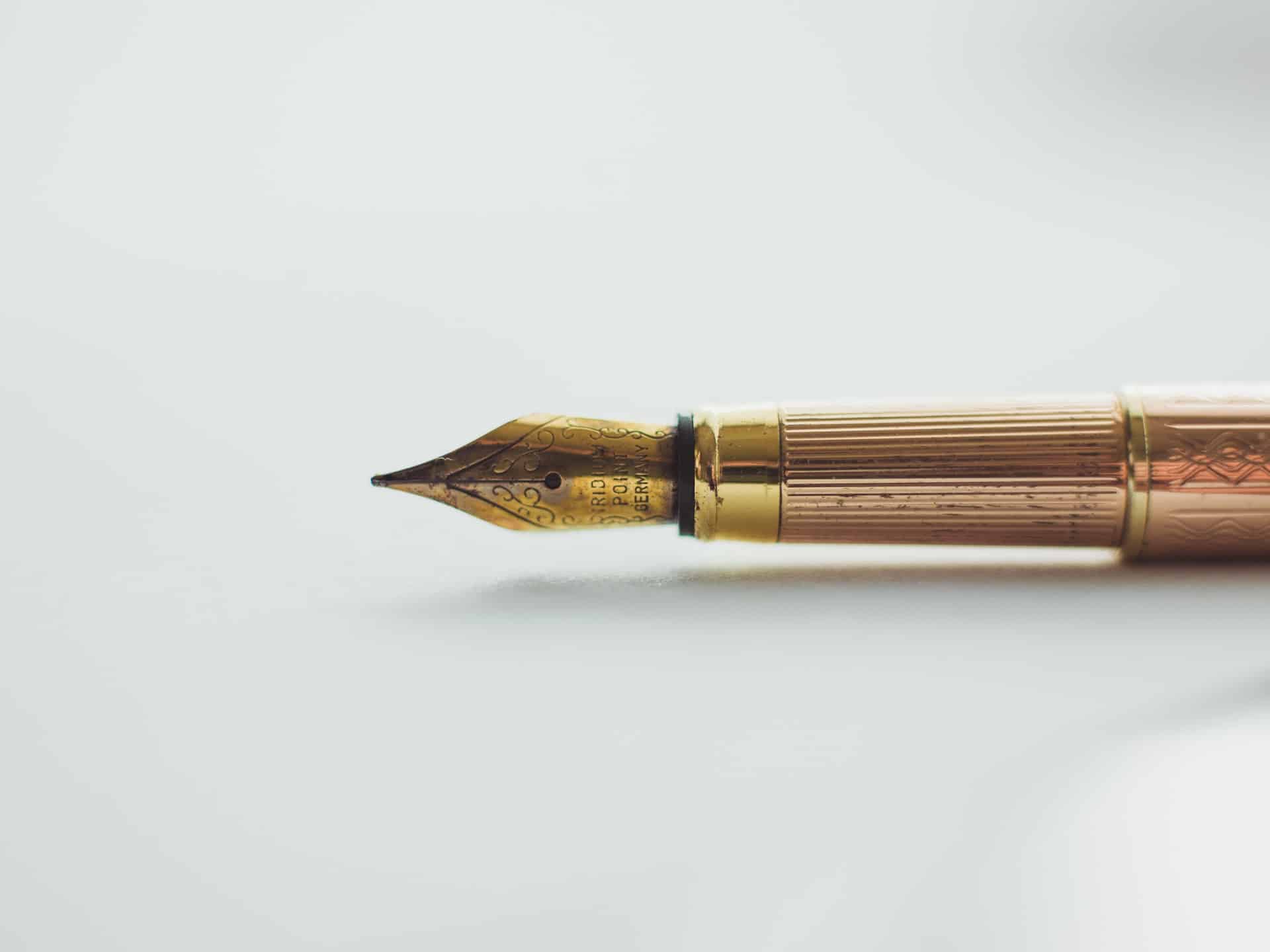I’ve always been interested in journaling.
When I learned that important people such as Marco Polo, Leonardo Da Vinci, Ludwig van Beethoven, Charles Darwin, Marie Curie, Winston Churchill, or Frida Kahlo practiced it, I always asked myself: could they all be wrong?
I wasn’t (and I’m not) any of these geniuses, but I thought that if I could copy any of them, I was pretty sure my life would grow and become better.
Today, I’ve been journaling for a long time, and I have to admit it: it’s been life-changing. I 100% recommend it to any human being.
Benefits of journaling
I could list dozens of benefits of journaling:
- Reduces stress.
- Cultivates mindfulness.
- Improves mood.
- Makes feel a greater sense of well-being.
- Improves relationships.
- …
But, for me, this is the number one benefit: it makes me a better thinker.
If I’m a better thinker:
- I make better decisions.
- I set my goals better.
- I add clarity to my thoughts.
- I know where I have to put my focus on.
- I become more relaxed and calm because I know I’m trying my best.
- I communicate better with others.
- …
Why I failed so many times
The point is I failed many times.
My main problem was I didn’t understand:
- How to begin.
- What the hell should I write on it.
- Why it would help me.
I just heard nonsense pieces of advice such as “write whatever comes to your mind”. If I write whatever comes to my mind, I can write a whole encyclopedia every day…
When something doesn’t make sense to me, it’s not easy to take action in that direction.
I need pragmatic things. Things I think might work. Something in the future that pleases me. A goal to achieve.
Nothing of that appeared at the beginning. That’s why I failed many times, and finally, I let it go. So many times…
How I began to see the light
When something overcomes me, I always do the same:
- Keep on investigating, navigating deeper into the topic.
- Look for the most simple initial step. So simple that the dumbest guy in the world could do it.
That’s what I did:
- I started reading essays.
- I watched YouTube videos.
- I analyzed journaling software.
- I listened to gurus.
- I “copied and pasted” ideas and more ideas from everywhere.
- …
When I did all those things, light began shining at the end of the dark tunnel I was in.
My dumbest first step was tracking my habits.
As a tech/productivity geek, I had an app to track my habits, but I never made a habit of drawing conclusions based on this data.
Every week I looked at my habit-tracking app and drew some conclusions.
This is how I started to feel I was becoming a better thinker.
Just dedicating a few minutes per week, I decided what habits were working, which ones weren’t, if I should try some other ones…
I was becoming a better self just by writing down some basic conclusions based on data.
Most of the time, life is as simple as that.
Things I write every day
From that day on, I’ve never stopped polishing my journaling process.
Here I include 9 things I manage because, at least, they’re pretty useful for me.
1. Sleeping hours
Sleeping is critical to perform at my best. Knowing how I’m doing it helps me a lot to take better care of myself.
2. Daily tracking of all my habits (I left my habit-tracking app)
Checkboxes to say if I did or didn’t practice the habit I’m monitoring.
3. Three daily goals
3 clear tasks I want (and should) do today.
4. Highlight of the day
The one thing that will make my day a wonderful one. It’s just choosing one of my daily goals.
5. Mood
How am I feeling today?
6. What went well?
Every day I think about 3 things that worked, and I try to look for a cause. Why did that work? What made that work?
7. Gratitude
It’s a classic one.
I thought it was a nonsense piece of advice, but it’s true.
When I, daily, express my gratitude, my life improves.
Problems don’t seem so important because my brain is “so fresh” that my life is great.
8. Learned
I write every day a thing I’ve learned. Something useful. Something that makes me improve as a human being.
9. Accomplishments and disappointments
I write down every accomplishment and disappointment I’ve done within my day.
From here to infinity
When I combine my journaling process with my reviewing process is when magic appears.
Every week I check all the points I’ve listed above:
- Sleeping hours.
- Habit tracking.
- Goals.
- Mood.
- Things that went well.
- Gratitude.
- Learned.
- Accomplishments and disappointments.
These pieces of information, all together, create an astonishing result.
- If I see I’m not sleeping enough, I take action on it.
- If I see I’m accomplishing most of my goals, that’s a motivational machine that fuels me up.
- If I see I’m not accomplishing most of my goals, I seek explanations: Why is that? What am I doing wrong? How can I make them be achieved?
- When I check all the things that went well, I look at the why’s and start applying the same techniques to other procedures.
- Seeing so many gratitudes each week equals giving value to my life, to everything I have, do, and perform.
- Paying attention to all the things I learn every day is, again, a motivational driver. If I see I’m not learning anything at all, shouldn’t I look for some training in any skill that can move me towards my goals?
- Accomplishments indicate I’m doing well, I’m achieving lots of things on a daily basis.
- My disappointments help me think about how I can solve them, so they end up disappearing from my life.
Takeaways
Journaling is how I force myself to become a better thinker about who I am, how I’m performing, what I want to be.
Journaling allows me to stop, think, and see. To observe. To reflect. To do what I’m supposed to do as a human being.
Journaling polishes my life, fixes my errors, motivates me, makes me a better self.
The only negative point I can say about journaling is: why the hell didn’t I start before?
Photo at the top courtesy of Art Lasovsky on Unsplash.

